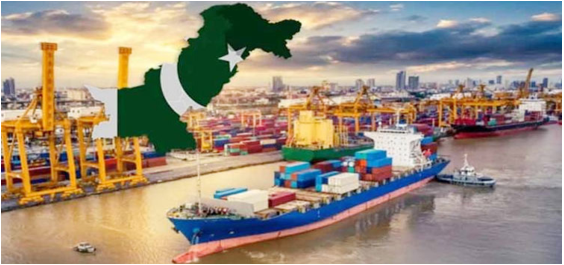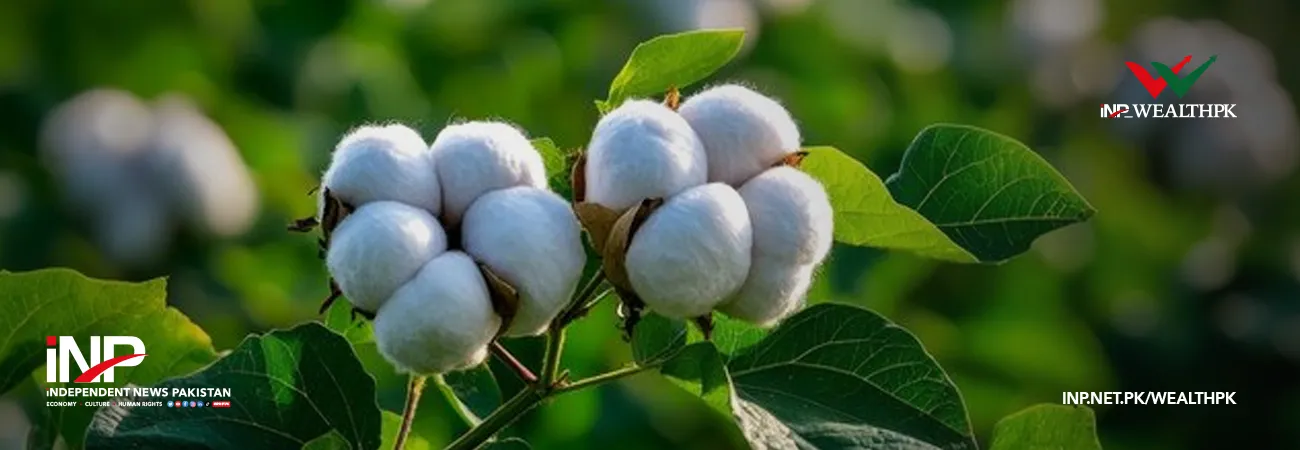INP-WealthPk
Ayesha Saba
Ensuring the outreach of small and medium enterprises (SMEs) to Gulf Cooperation Council (GCC) markets is critical for Pakistan’s economy to thrive. “Integrating SMEs into global supply chains and accessing new markets can drive sustainable growth, reduce trade deficit and promote innovation in the SME sector,” points out an official of the Trade Development Authority of Pakistan (TDAP).

Talking to WealthPK on condition of anonymity, he said the GCC region comprising Saudi Arabia, UAE, Qatar, Bahrain, Kuwait and Oman offered a lucrative market characterised by high consumer spending, demand for diverse products, and a growing focus on economic diversification away from oil. “For Pakistan, integrating SMEs into these markets could pave the way for increased export revenues and reduced reliance on a narrow range of export products,” he said, identifying several hurdles hindering their ability to enter GCC markets, including insufficient knowledge of market dynamics, limited financial resources for expansion, and challenges in meeting international quality and regulatory standards.
“Addressing these obstacles through targeted support programmes is seen as essential for unlocking the potential of SMEs in global trade.” The TDAP official recommended establishing market intelligence platforms to provide SMEs with insights into GCC demand trends, competition and consumer preferences. “These platforms could help businesses identify high-demand opportunities in textiles, halal food and construction material. Training programmes are also vital to equip SMEs with the skills to navigate GCC regulatory environment, including compliance with export standards and certification requirements,” he maintained.
He further said that the establishment of export facilitation centres was also a critical step, offering services like documentation assistance, legal advisory and product quality assurance. “These centres could streamline processes and enhance SME competitiveness in GCC markets.” Pakistan recently signed a free trade agreement with the GCC states to minimise its trade imbalance with the region. According to the State Bank of Pakistan’s recent data, Pakistan’s trade deficit with the Middle Eastern states narrowed by 20.47% in FY24, dropping to $13.014 billion from $16.365 billion in FY23. Exports to Saudi Arabia rose 17.66% to $175.64 million in July-September 2024 from $149.27 million over the same period 2023.
In FY24, exports to Saudi Arabia rose 40.98% to $710.335 million from $503.851 million in FY23. Imports from the kingdom saw a decline of 6.49% to $1.065 billion against $1.139 billion in FY23. Exports to UAE increased 19.57% to $564.41 million in July-September 2024 from $472.02 million over the same period last year. In FY24, exports to UAE surged 41.15% to $2.082 billion from $1.475 billion in FY23, primarily due to a significant rise in exports to Dubai. Pakistan’s major exports to the UAE include rice, bovine carcasses, men’s and boys’ cotton ensembles, guavas and mangoes.
Credit: INP-WealthPk













